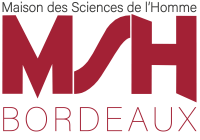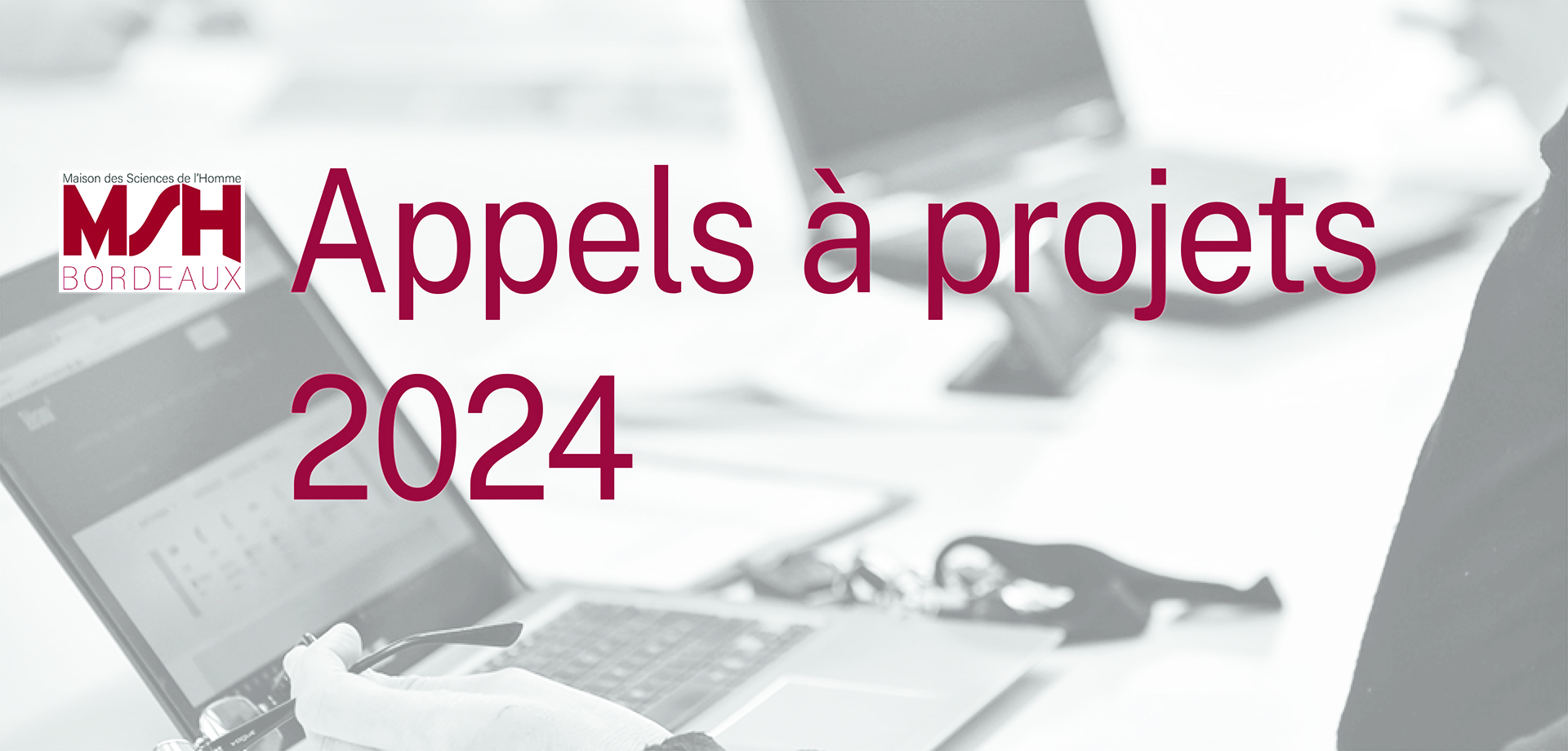Interdisciplinary and international study days MSH Bordeaux
- October 5-6, 2023 – MSH Bordeaux Salle Jean Borde
In person and remotely: a zoom link will be sent to those registered from this survey for the day of October 5 and this survey for the day of October 6
Historically, the legitimacy and validity of knowledge in the human and social sciences have been built through the development of methods based on a double principle of rationality and neutrality. Faced with this founding myth, epistemological work and critical studies have highlighted that neutrality is only illusory and that knowledge is always situated; if there is indeed objectivity in the human and social sciences, it is a constructed objectivity, conscious of the perspectives from which this knowledge was produced. The deconstruction of the myth of neutral knowledge has led to the emergence within the academic world of new ways of thinking, saying and constructing knowledge discourses. Academic disciplines have thus had a renewed experience of pluralism, moving from relatively homogeneous discourses to diversity and asserted competition between modes of knowledge production. The emergence of this pluralism of perspectives can be seen as carrying within it the risk of relativism.
However, if the old and new academic discourses are often opposed and do not always seem to share the same conditions of truth, the meeting between these plural perspectives seems to bring the possibility of a better understanding of the objects of research. Indeed, the crossing of perspectives and the construction of a dialectical logic between these discourses seem to make it possible to enrich and clarify our apprehension of the world. Far from giving in to the temptation of dogmatic positions, the university must guarantee the conditions for the development and preservation of an academic conversation between these plural perspectives. In this context, the notion of academic freedom seems to offer the necessary conditions for the affirmation and construction of a university as a dialectical place between different forms of knowledge discourse. This notion, misused in political discourse, thus constitutes an object which it becomes necessary to seize in order to rethink the conditions of construction of knowledge in the new university pluralism.
In this sense, these interdisciplinary and international study days encourage collective reflection around the ethical issues of research, academic freedom and the civic responsibility of researchers. They aim to create a space for scientific exchange on current research practices and challenges between researchers from different academic traditions, while questioning ethics, its definition, its role for the constitution of knowledge in the context of pluralism university.
To do this, these days will be organized around four thematic round tables.
- The first round table, entitled “Academic freedom: reflections on the legitimacy and ethics of discourse”, will focus on the dual epistemological and ethical dimension of the research object.
- The second round table will bring together jurists around the theme “Academic freedom: the legal issues and conditions of knowledge production”.
- A third round table entitled “Academic freedom: the case study of colonial worlds” will propose an empirical approach on a specific research field.
- Finally, and to conclude, a fourth round table entitled “Academic freedom: comparative institutional perspectives”, will address the question of academic freedom through the shared perspectives of researchers involved in the management of institutions or research units.
Download the program of the days (pdf)
Projects supported by MSH Bordeaux as part of its AAP 2024
Call for papers international conference




